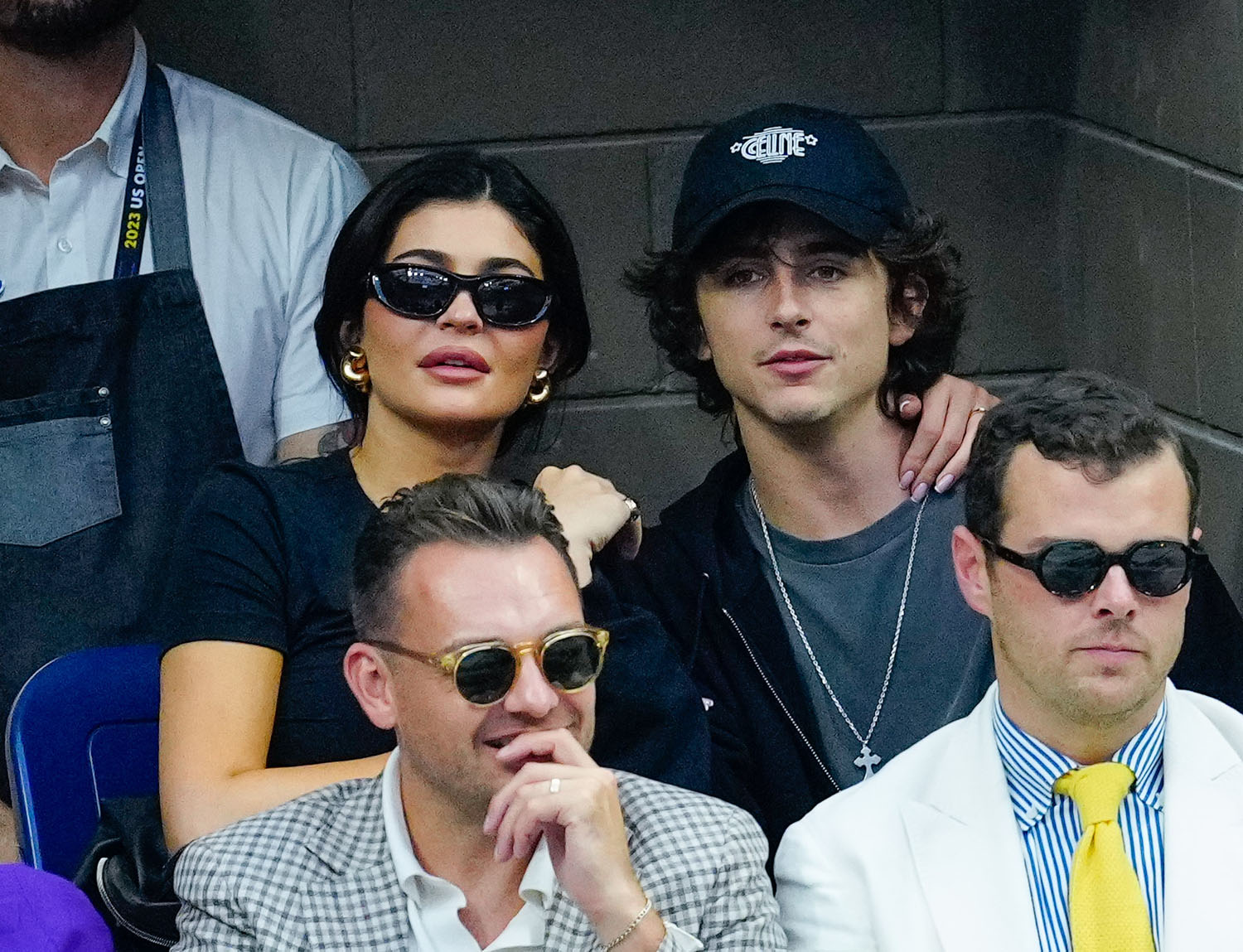TIFF Review: Next Goal Wins



Taika Waititi's Next Goal Wins is at once his most typically Hollywood movie, and yet still possessing the quirky humor we've come to expect from the Kiwi filmmaker. Telling the (mostly) true story of the 2011 American Samoa national soccer team, Next Goal Wins depicts coach Thomas Rongen's journey from disgraced gaffer to only moderately disgraced gaffer. Reeling from personal loss and uncontrollable anger, Thomas (Michael Fassbender) is forced to accept a job coaching the worst team in FIFA, or quit the sport entirely.
In other hands, Goal would be an underdog sports story combined with a white savior narrative–the "serious" coach come to straighten out the island slackers. While the film, which is directed by Waititi and written by Waititi and Iain Morris (adapting from Mike Brett and Steve Jamison's book of the same name), makes jokes at the expense of the obvious white savior setup, Waititi brings a Pacific Islander's sensibility to the story.
Yes, the American Samoa team is terrible, yes, they've never scored a goal in international competition and suffered a humiliating 31-0 loss against Australia in 2001, but there is nothing wrong with the players. Thomas is initially frustrated by the cultural differences between his hard-charging, European-American style and the seemingly uncaring American Samoa players, but he learns to see the value in the way the island players approach the game. All they need is actual coaching, not an attitude adjustment.
But at the same time, Goal doesn't pretend that laid back island life can fix all of Thomas's problems, either. Nothing will bring his deceased daughter back or save his disintegrating marriage, no amount of colorful metaphor or staring at the ocean will calm his anger. Only Thomas can heal himself, though, admittedly, the acceptance and love offered by the team help him along the way.
One key player–pun intended–in his journey is Jaiyah (Kaimana), who is faʻafafine, recognized and accepted within her community, but facing prejudice and misunderstanding off island, including, at first, from Thomas. Also, she is dealing with the inevitability that her transition means, sooner rather than later, being disqualified from the men's team. With no women's team (and a general lack of institutional support and acceptance), she will be forced to quit her sport. There's a lot on the line for Thomas, attempting to salvage his career, but there's a lot on the line for Jaiyah, too, as this is her last chance to play professional soccer.
You don't have to care about soccer to enjoy Next Goal Wins any more than you have to care about hockey to enjoy The Mighty Ducks or basketball to care about cinematic classic Air Bud. The film is not about soccer. It's not about winning, really, it's about second chances and the way community can offer solace and understanding when and where we least expect it. It is an uplifting underdog sports story, don't get me wrong, but that is not all it is. At heart, it's a comedy-drama (more comedy than drama, to be clear) about moving on when there is no other choice but forward.
Every new film from Taika Waititi feels like a chance for new people to discover his work, and Next Goal Wins is no different. Following the underdog sports journey playbook makes it accessible to those who might not otherwise go for his brand of offbeat humor, though there is enough "Taika" in the film that some still might refuse to be charmed on grounds of silliness.
But to the open-minded, and open-hearted, Next Goal Wins is a cute, feel-good, losers-take-all sports movie, featuring the most likeable athletes since Air Bud booped a ball through a hoop. Open your heart to a team of perpetual losers trying to be slightly less bad at their sport and Next Goal Wins will score 1-nil against your heart.
This review was published during the WGA and SAG-AFTRA strikes of 2023. The work being reviewed would not exist without the labor of writers and actors. Next Goal Wins will be exclusively in theaters from November 17, 2023.











